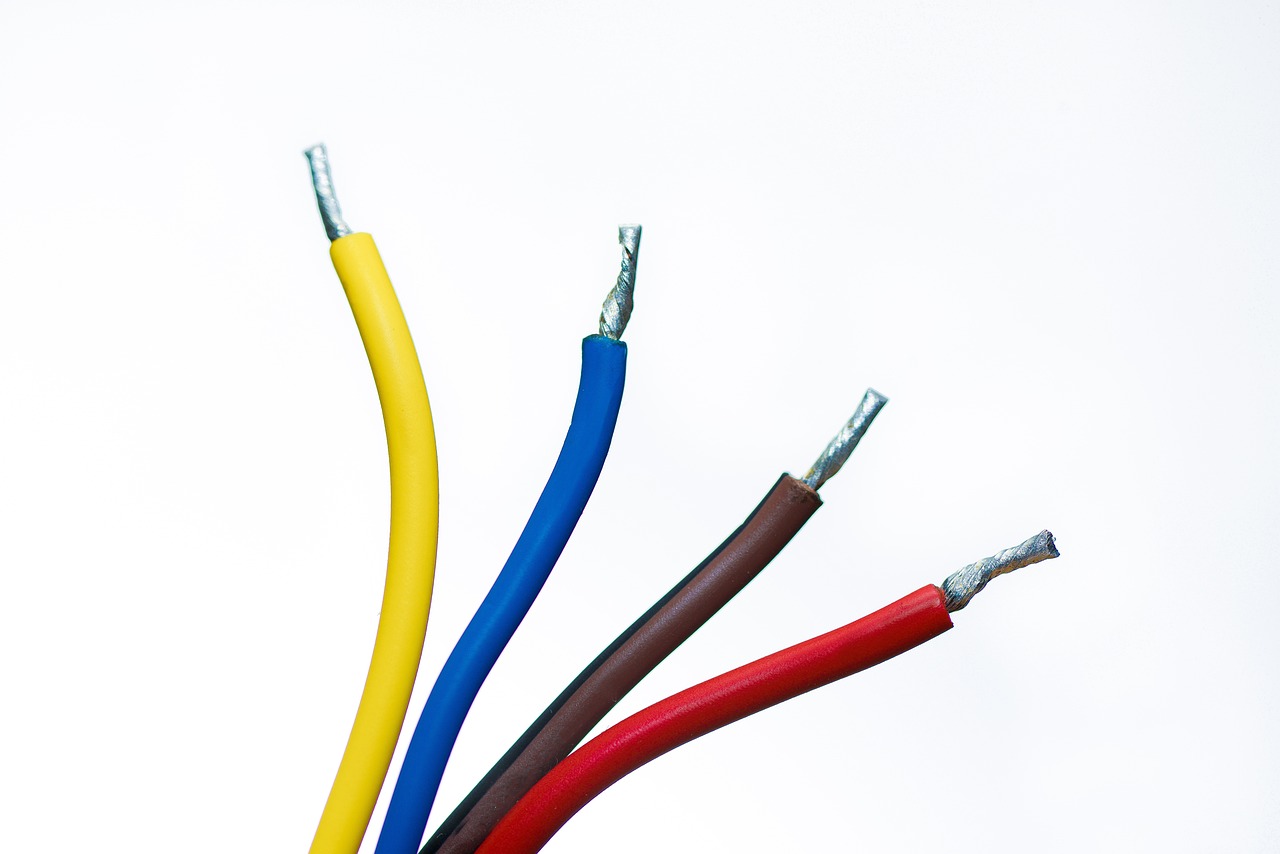The Future of Education: AI-Powered Tutoring, Personalized Learning Paths, and Virtual Classrooms
Traditional education systems face numerous challenges that hinder efficient learning outcomes. One major issue is the one-size-fits-all approach to teaching, which fails to cater to the diverse learning needs of students. This cookie-cutter method often leaves many students behind, as it does not allow for personalized instruction that can address individual strengths and weaknesses.
Additionally, the reliance on rote memorization and standardized testing has been critiqued for promoting surface-level learning rather than deep comprehension. This approach places a heavy emphasis on grades and test scores, leading students to focus on memorizing facts rather than developing critical thinking skills. As a result, students may struggle to apply their knowledge in real-world situations, limiting their ability to think creatively and analytically.
Advantages of AI-Powered Tutoring
AI-powered tutoring offers personalized learning experiences tailored to individual students’ needs and learning styles. Through advanced algorithms, these systems can adapt the pace and content of lessons to match each student’s abilities, providing a more engaging and effective learning environment. This customization allows students to focus on areas where they need the most help, ultimately leading to better retention of information and improved academic performance.
Furthermore, AI-powered tutoring platforms can offer immediate feedback and guidance to students, helping them understand complex concepts in real-time. This instant support can boost students’ confidence and motivation, making learning more enjoyable and rewarding. Additionally, these systems can track students’ progress over time, identifying areas of improvement and providing targeted interventions to address any gaps in knowledge.
What are some common challenges faced in the traditional education system?
Some common challenges in the traditional education system include limited personalization, lack of individualized attention, and difficulties in keeping up with the pace of each student’s learning.
How can AI-powered tutoring address these challenges?
AI-powered tutoring can address these challenges by providing personalized learning experiences, adapting to individual learning styles, and offering real-time feedback to help students improve their understanding of the material.
What are some advantages of AI-powered tutoring?
Some advantages of AI-powered tutoring include increased accessibility to education, improved learning outcomes, and the ability to tailor lessons to the specific needs of each student.
How does AI-powered tutoring differ from traditional tutoring methods?
AI-powered tutoring differs from traditional tutoring methods in its ability to leverage technology to provide personalized and adaptive learning experiences, as well as offering students access to a wide range of resources and support.
Can AI-powered tutoring completely replace human tutors?
While AI-powered tutoring can offer many benefits, it may not completely replace human tutors. Human tutors can provide emotional support, motivation, and personalized guidance that AI may not be able to replicate.





